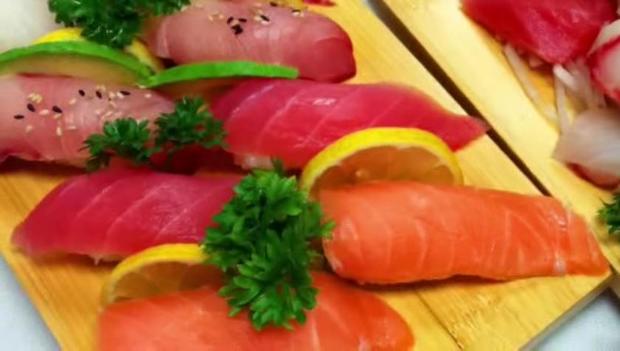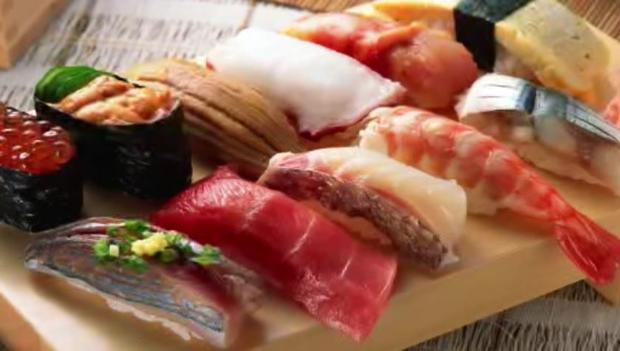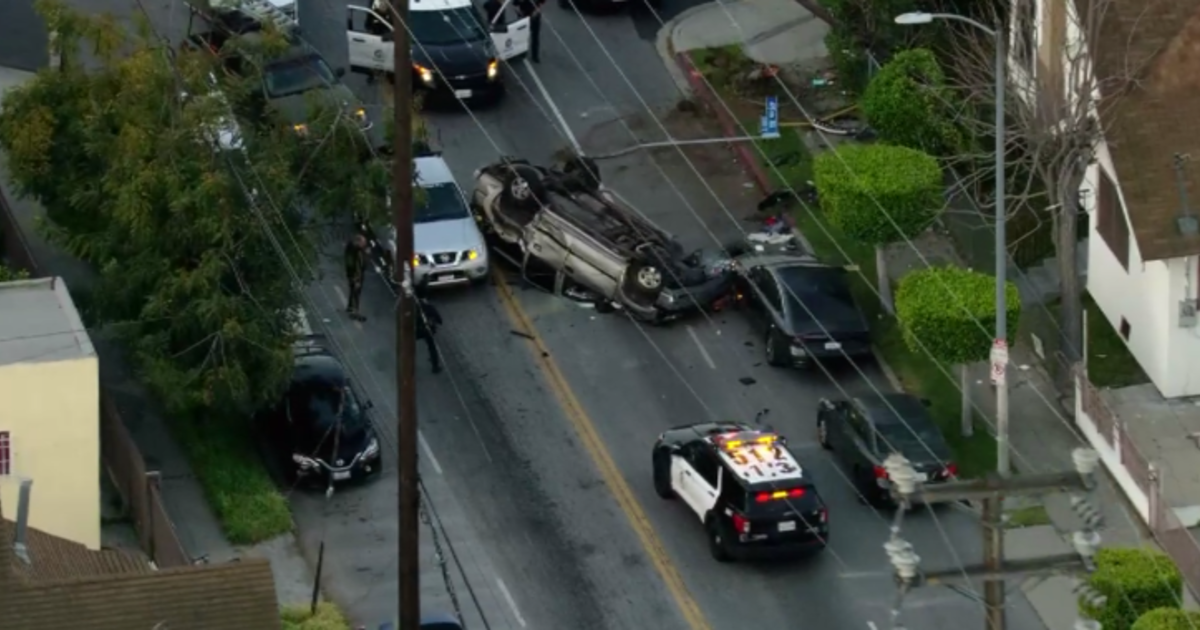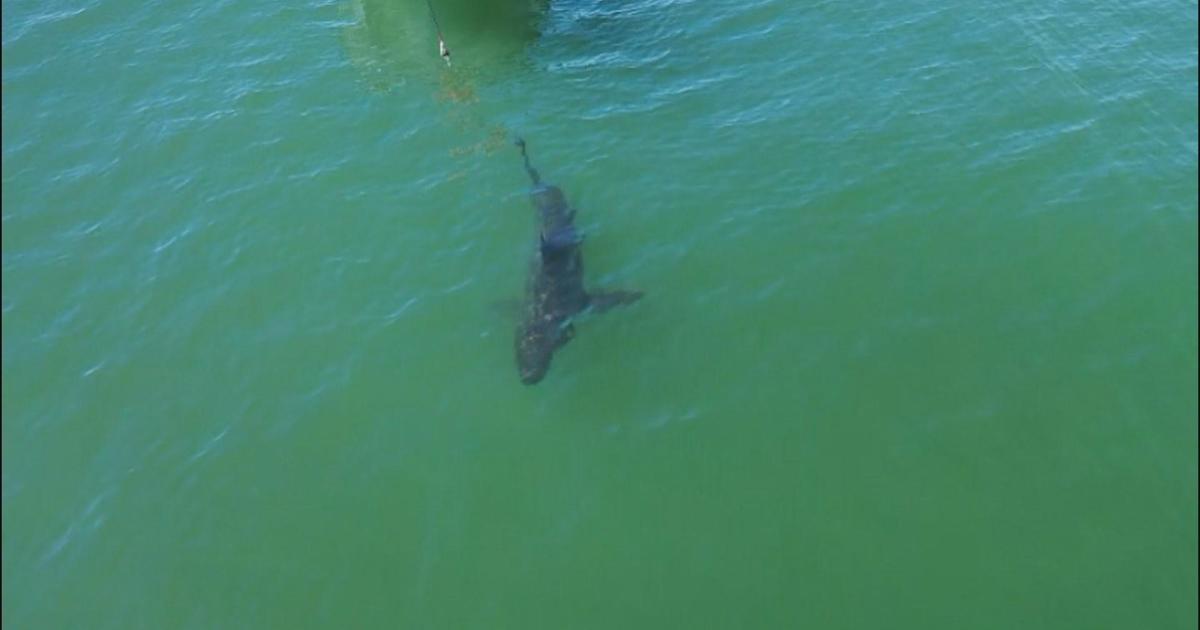Study: Nearly Half Of Sushi Served At 26 L.A.-Area Restaurants Mislabeled
LOS ANGELES (CBSLA.com) — A new study released Wednesday by UCLA and Loyola Marymount University found that nearly half of the fish served at some local restaurants was mislabeled.
Scientists randomly visited 26 sushi restaurants in the Los Angeles area between 2012 and 2015.
Researchers said DNA tests showed the 43 orders of halibut and 32 orders of red snapper served to them were some other type of fish.
Ninety percent of the halibut orders were actually flounder. Forty percent of the orders were species of flounder that are considered over-fished or near-threatened.
Out of 47 orders of salmon, six were something else entirely.
But bluefin tuna was always exactly as advertised. Only one of 48 tuna samples was not tuna.
However, seven out of nine orders of yellowfin tuna turned out to be a different kind of tuna, usually bigeye - "a vulnerable and overexploited species," researchers wrote.
Twice, the researchers were served Atlantic bluefin tuna and southern bluefin tuna, which are classified as endangered and critically endangered.
"Half of what we're buying isn't what we think it is," said Paul Barber, UCLA professor of ecology and evolutionary biology. "Fish fraud could be accidental, but I suspect that in some cases the mislabeling is very much intentional, though it's hard to know where in the supply chain it begins. I suspected we would find some mislabeling, but I didn't think it would be as high as we found in some species."
Overall, DNA tests showed that 47 percent of the fish ordered during the four-year study was mislabeled.
A one-year sampling of sushi from high-end grocery stores showed similar mislabeling rates, which suggested that there might have been a "bait-and-switch" problem in the supply chain, scientists pointed out.
Researchers said the problem was not limited to just duping customers; it could create health risks and undermine regulations limiting overfishing.
"Fish fraud at L.A.-area restaurants and grocery stores can pose health threats if substitute fish are contaminated or contain allergens, thwart consumers who are trying to buy sustainable and impede fisheries policy," said Sarah Sikich of the environmental group Heal the Bay. "This study points to the importance of measures to improve traceability and monitoring to reduce the prevalence of fish fraud."
"If we don't have accurate information on what we're buying, we can't make informed choices," Barber said. "The amount of mislabeling is so high and consistent, one has to think that even the restaurants are being duped."
Researchers noted that the global fish trade is a $135 billion industry, and new federal regulations that monitor imported seafood took effect Monday.
"The goal is not to point fingers, but to make people aware of the larger issue," Barber added. "I think it would be really cool to work with some restaurants to test their shipments so we can start to work out where in the supply chain the fraud is taking place. I would love to know what the restaurants think they're getting from the suppliers."





